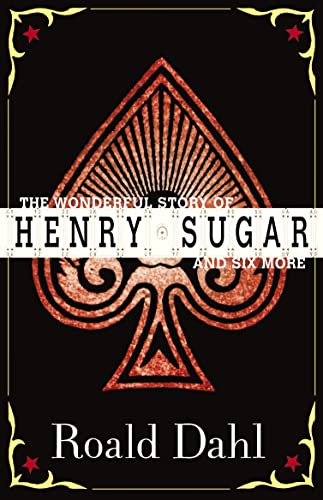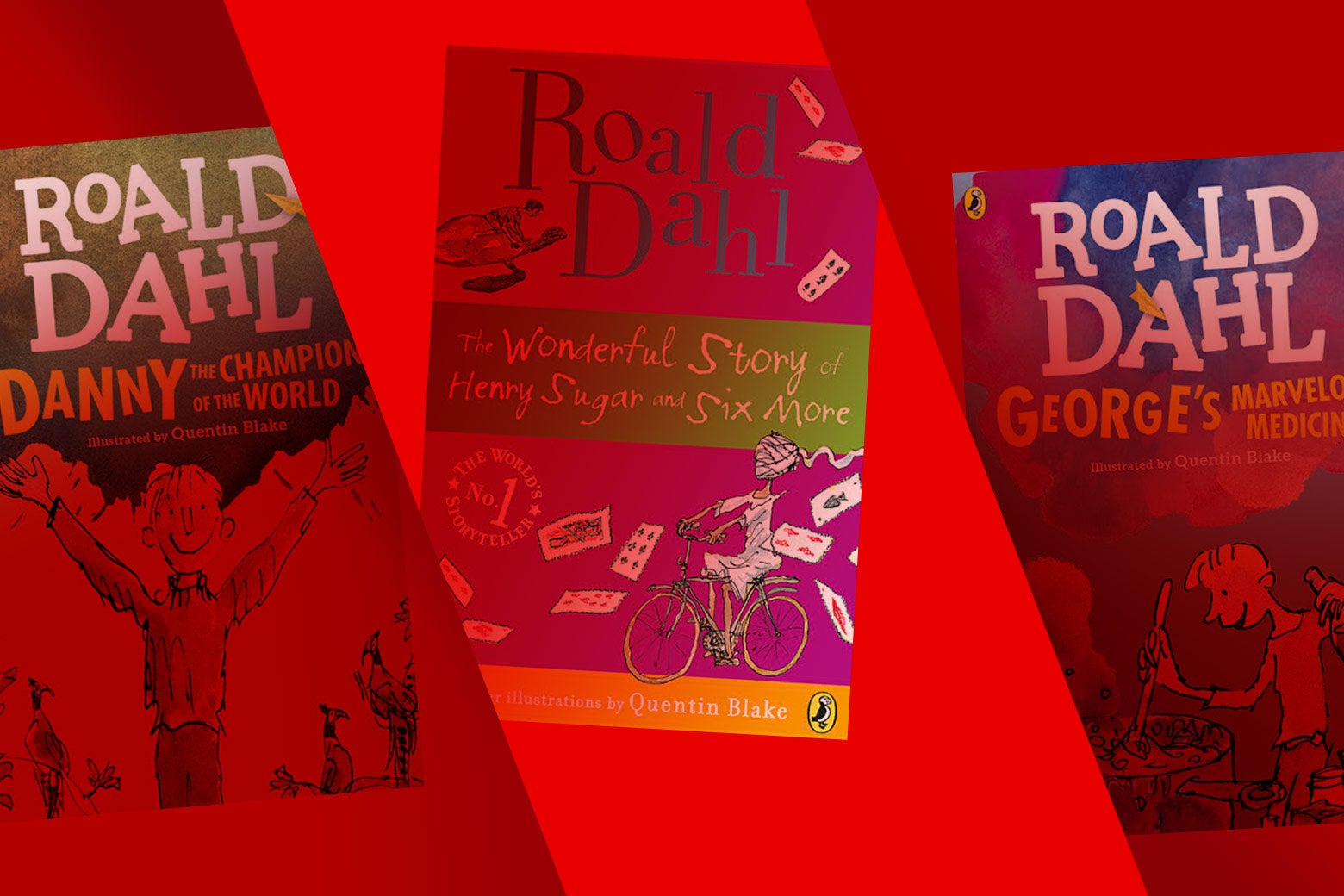

A-C, for example, would indicate a quarto volume composed of three signatures or gatherings of eight pages each for a total of 24 pages. Also a shorthand bibliographical description of a book’s composition by its leaves and signatures, rather than its pages. Collation Process by which the contents of a book are inspected for completeness, checking against internal evidence, the table of contents and/or plate list, and reference works.Chromolithograph Lithograph printed in colors, typically three or more.Reverse calf, with a distinctive suede-like texture, is occasionally used. Readily marbled (“tree calf”), mottled, diced, colored, polished, tooled in gilt or blind, even scented (known as “russia”). Calf Binding material made from cowhide-versatile, durable, usually tan or brown in color, of smooth texture with no or little apparent grain.Broadside Sheet printed on one side, typically for public display, usually larger than folio size (a folio being a broadside-size sheet printed on both sides and folded once, to make four pages).Book-Plate Label, generally affixed to the front pastedown, identifying a book’s owner.Of particular value to collectors as evidence of a very early form of the book. “Original boards” refers to cardboard-like front and back boards, from about 1700 to 1840, used as temporary protection for books before their purchasers would have them bound. Boards Hard front and rear covers of a bound book which are covered in cloth, leather or paper.


You know they used to do these BBC things called ‘Play for Today’ directed by people like Steven Frears and John Schlesinger and Alan Clarke. “Because it’s a 37-minute movie, it was the perfect place to do it because it’s not really a movie. While some might think the absence of a theatrical release could bother Anderson, the filmmaker underlines how the streamer is the perfect platform to exhibit his short film. That won’t be the case with The Wonderful Story of Henry Sugar, which will release straight on Netflix.

RELATED: 10 Best Underrated Movies Recommended by Wes AndersonĪs one of the most iconic filmmakers in Holywood’s history, Anderson is used to his movies going to the big screen.


 0 kommentar(er)
0 kommentar(er)
